PreciScan®
Our cutting-edge Algorithmic Network for Nurtured Analytics.
We’re revolutionizing data science by combining evidence-based practice with FAIR data principles, ensuring precision and trustworthiness in every analysis.
Mission:
To help healthcare organizations around the world elevate the level of care provided to their patients through providing professional data-based consultancy services. Our partnership with healthcare providers will offer evidence-based services to patients globally.
Vision:
We aim to be an integral part of healthcare systems and become the leading provider of value-based healthcare consultancy services worldwide. We regard ourselves as inseparable partners to the healthcare community.

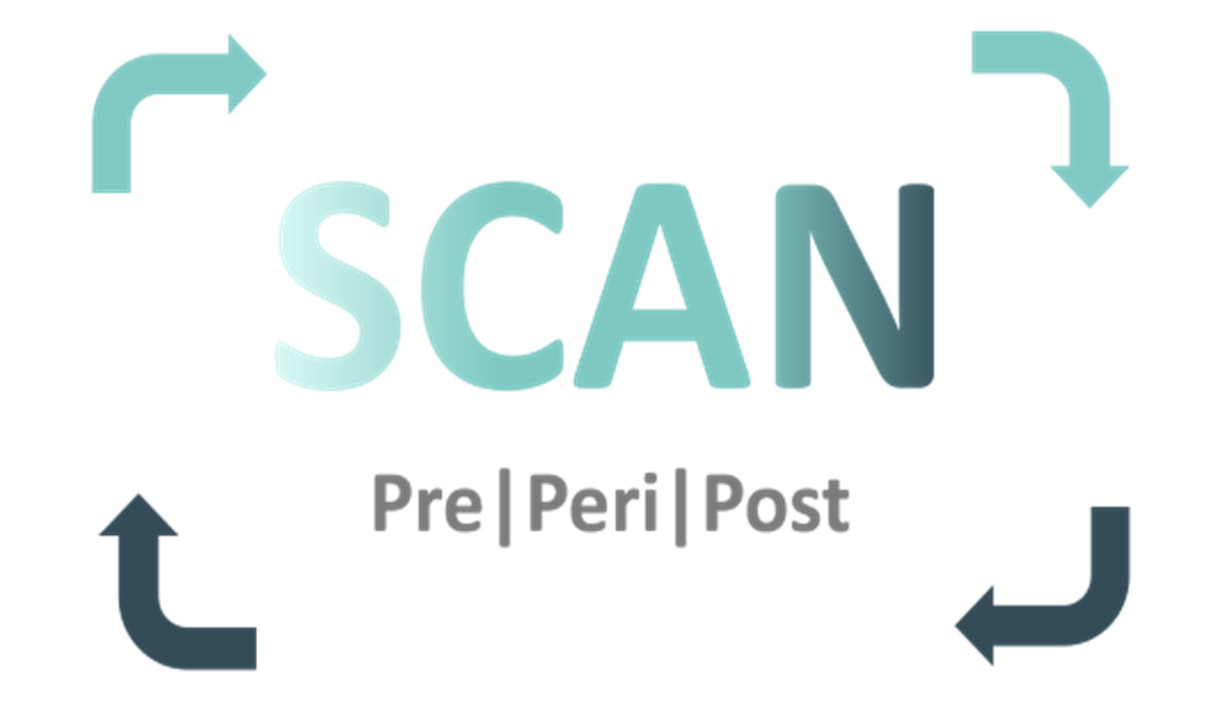
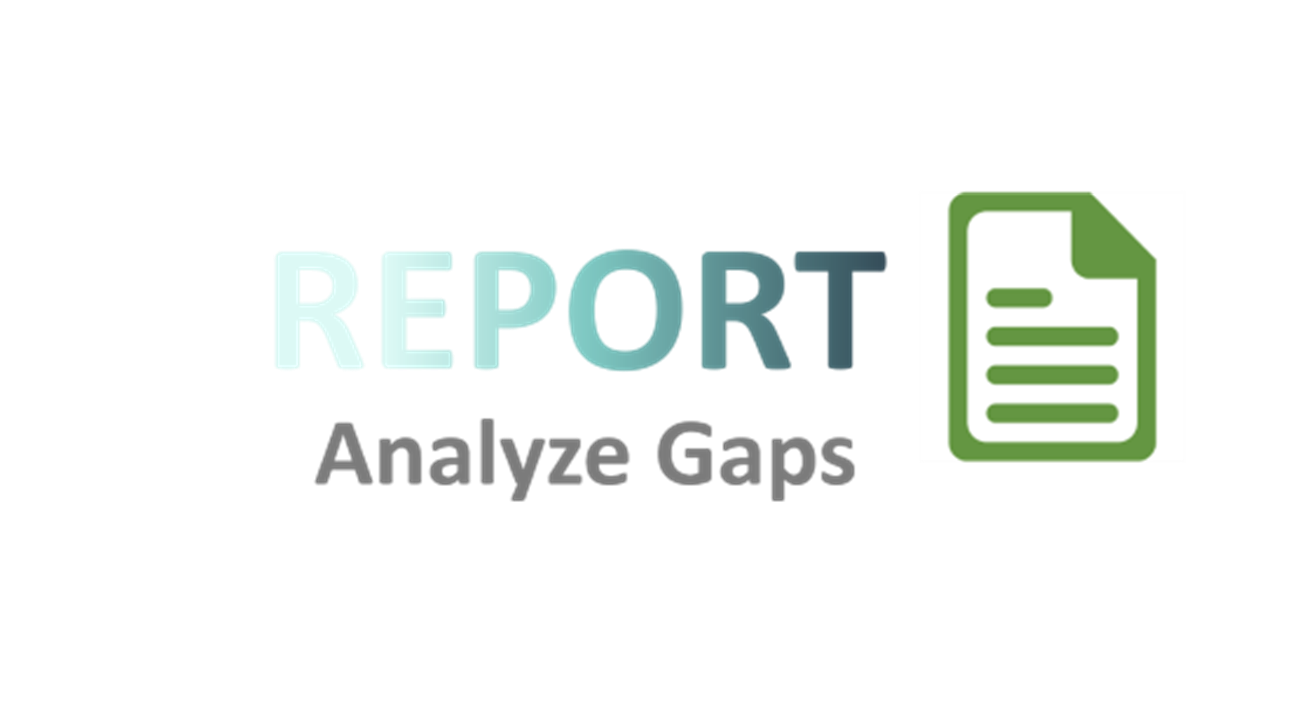
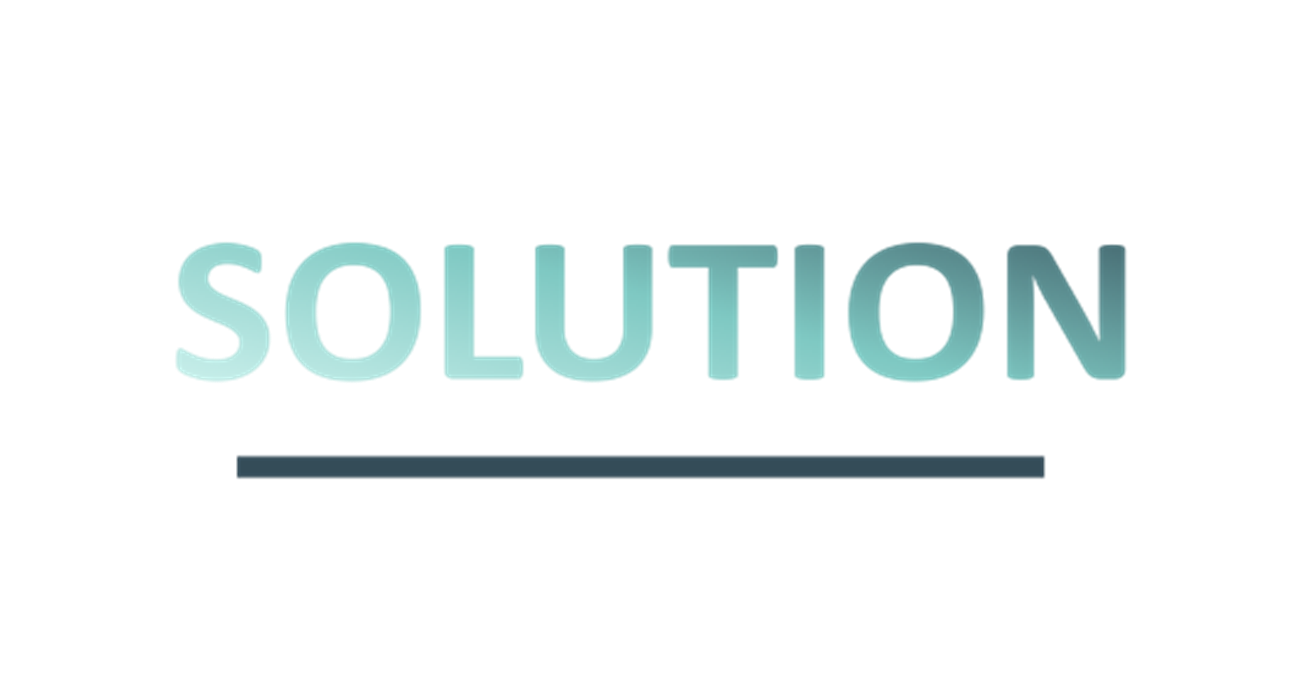
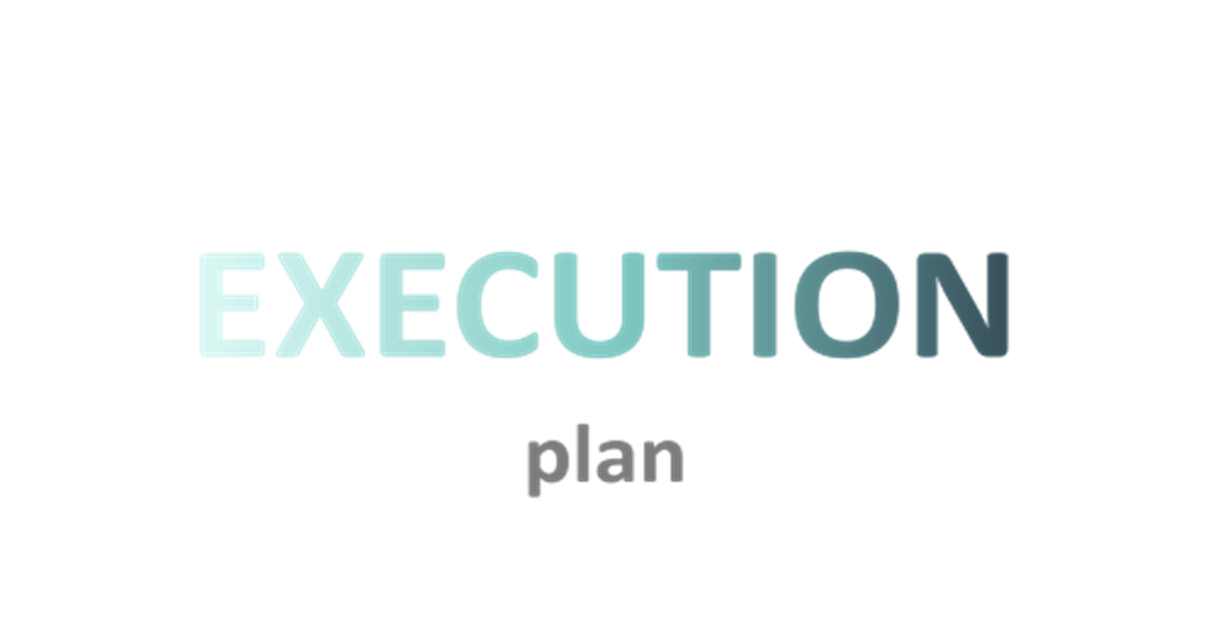
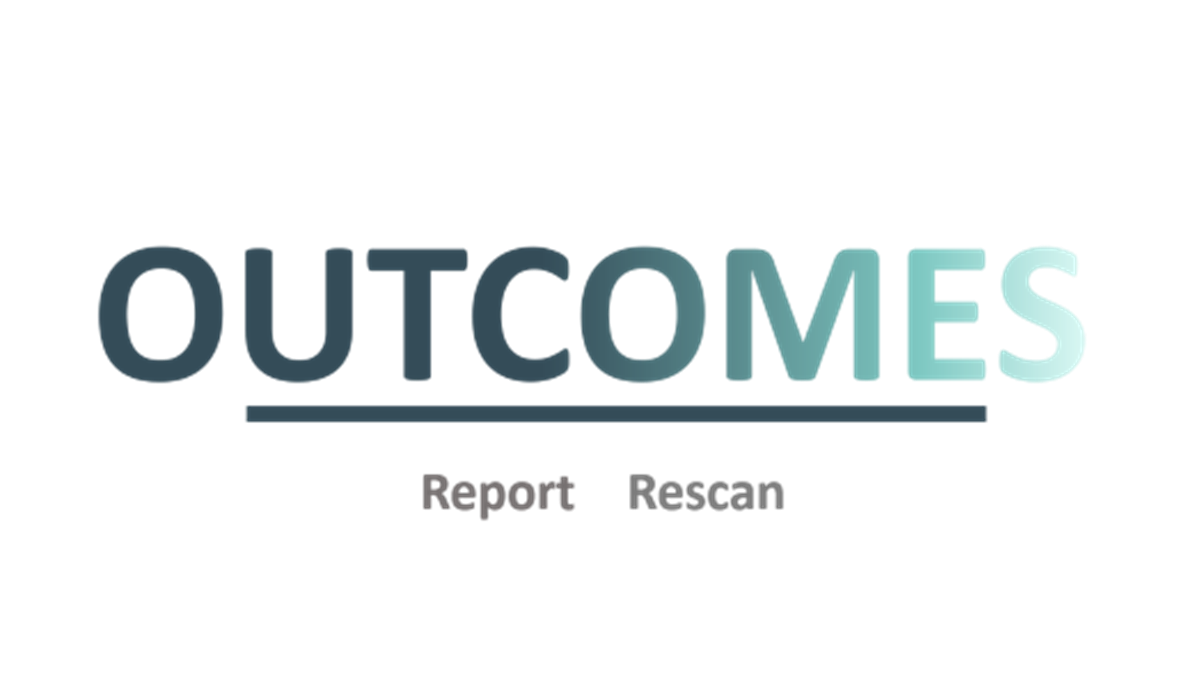
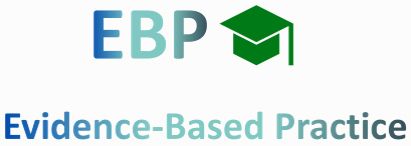

SCAN
REPORT
DEVELOP
TRACK
MiniScan
Assess Delivery
Mini Black Box:
Data Collection
ok?
DATA
REPORT
SOLUTION
IMPLEMENT
MiniScan Progress
Assess Solution’s Viability
Reassess Alternnate Solutions
RESCAN
REPORT
New
SOLUTIONS
Assess Solution’s Viability
Adjust & Redeliver
IMPLEMENT
REPORT
REIMBURSEMENT
CENTER OF EXCELLENCE
MARKETING
RESEARCH
-
What are your challenges?
-
Can you evaluate your work?
-
Do you have a methodology to test your work?
-
Do you know where you need to improve or adjust patient care?
-
Do you model and predict your patients’ outcome?
-
Patients’ Experience
-
Cost effectiveness of Bariatric Process
-
Healthcare efficiency measures (ERAS 22 measures)
-
Track resource utilization
-
Complication rates
-
Establish a baseline and follow up
-

Electronic Data Capture System
-
Establishing a customizable database tailored to the hospital setting
-
Align with current databases
-
Survey staff and patients
-
Use advanced statistical systems to generate usable FAIR Data.
Reports and analysis are more elaborative than digital dashboards because they provide a deeper understanding of the data and the underlying factors that influence the outcomes.
So, we need to focus on
-
Reports. (Gold Standard ; a constant report between time points with thorough statistical analysis of data obtained from Scan.)
-
Dashboards. (Quick overview of data fed into system in a live environment.)
Providing you with live feedback over time by comparing pre-peri-post operative data and connecting this data to the latest scientific published material:
-
Monitor compliance of patients and hospital.
-
Optimize patient selection.
-
Reduce variability in treatment.
-
Enhance patient education.
-
Continuously monitor and improve the ERAS program to ensure that it remains effective and efficient.
Collect data on patient outcomes, resource utilization, and costs, and use this information to identify areas for improvement.
Continuous face 2 face meetings (and in between, digital updates) and connect with the team.
Implement custom-made evidence-based models that personally suit the organization and team, based on results of Scan, Report and Solution.
-
Establish a baseline.
-
Develop interventions.
-
Monitor the impact of interventions
-
Monitor resource utilization.
“Keep analysing the data.”
An objective tracker of the results reached up to a certain point:
-
To identify improved or stagnant aspects.
-
To re-evaluate priorities.
-
Set new objectives based on new data.
-
Extract marketable data.
-
Set benchmarks for further analysis.
-
Accuracy Check.
-
New information or updates.
-
Quality improvement.
-
External review or replication.
-
Changing context or objectives.
-
SCAN
-
REPORT
-
SOLUTION
-
EXECUTION
Evidence-based Practice (EBP) is the thoughtful integration of best research evidence with clinical expertise and patient values.
It ensures that the decisions made are supported by the most current and relevant evidence, optimizing results in real-world settings.
-
Improved patient outcomes
-
Cost savings
-
Resource Efficiency
-
Database implementation
-
Empowerment and Confidence
-
Science improvement
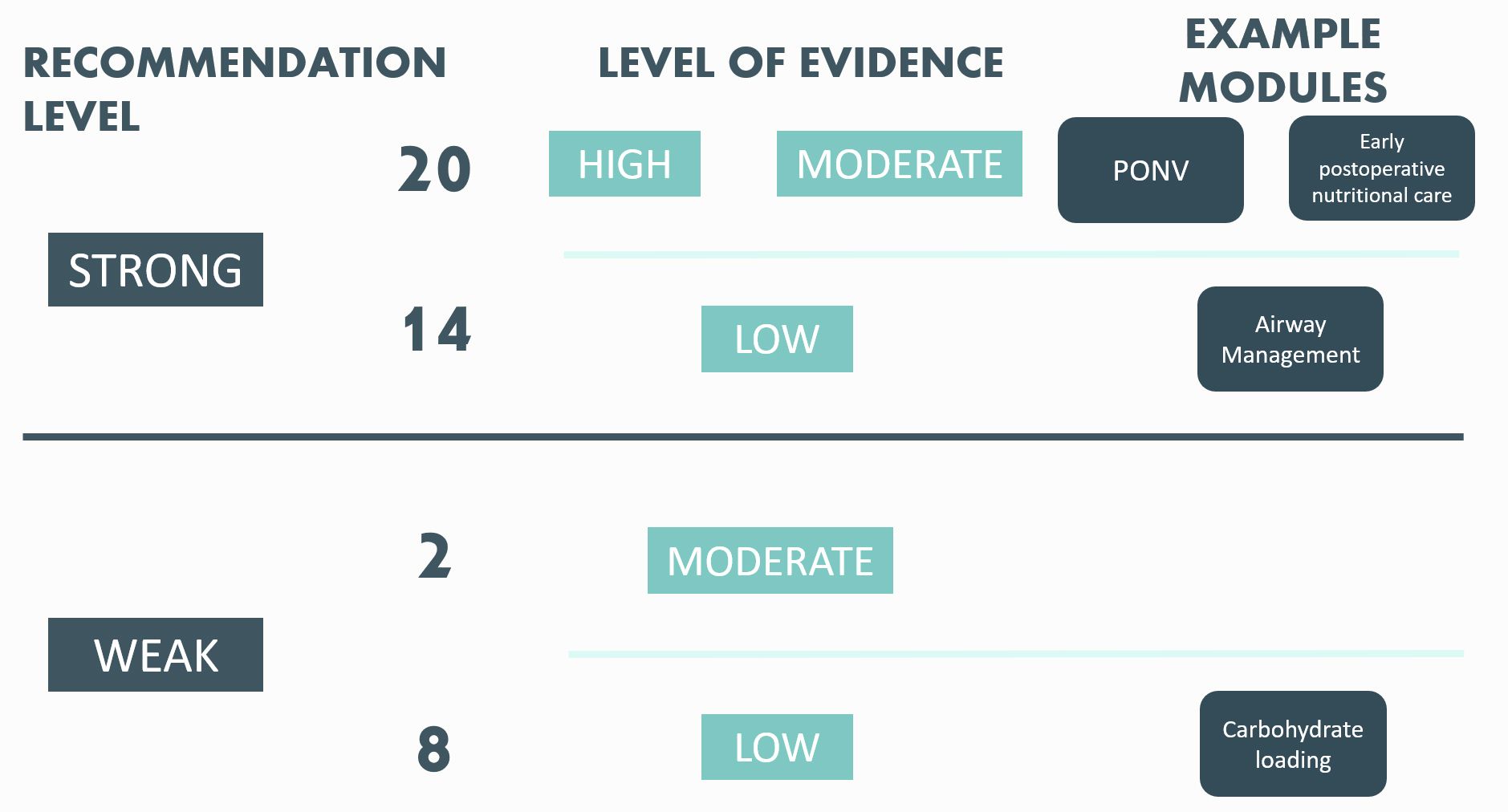
-
Improve the quality and efficiency of data collection, analysis, and dissemination.
-
HCPs can ensure that the data collected is of high quality and can be used effectively to inform clinical decision-making and drive improvements in patient outcomes.
Findable: | can be easily located and accessed by healthcare providers and researchers. |
Accessible: | data is accessible to those who need it, while maintaining patient privacy and confidentiality. |
Interoperable: | can be shared and used across different systems and platforms, ensuring easy collaboration. |
Reusable: | can be used for multiple purposes over time. |